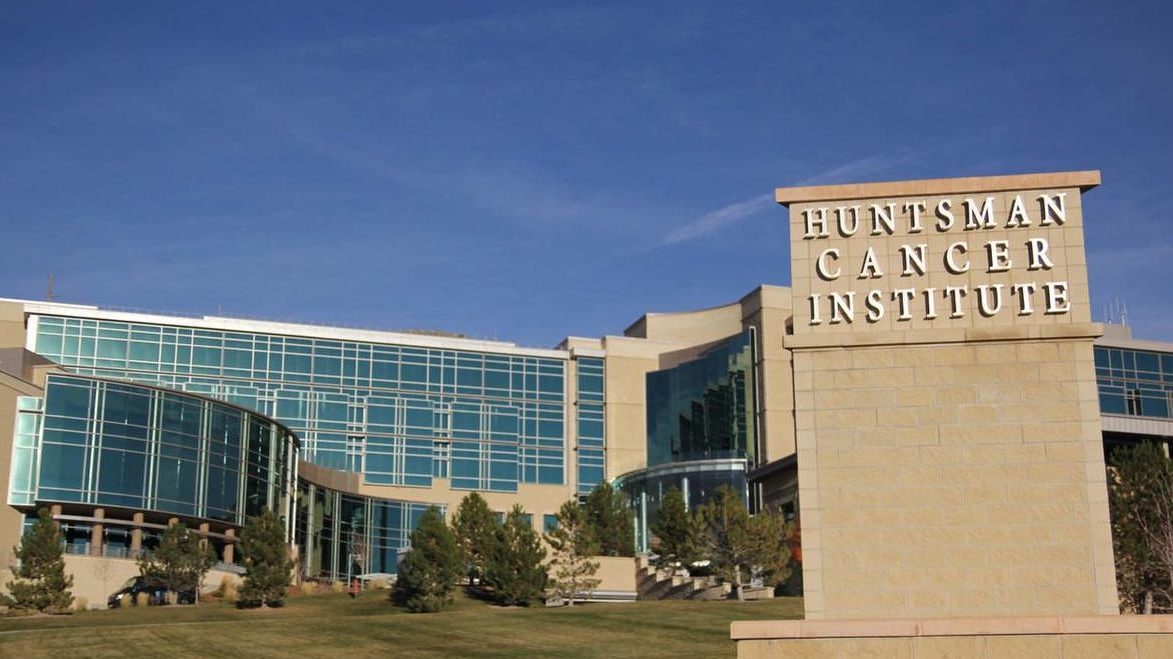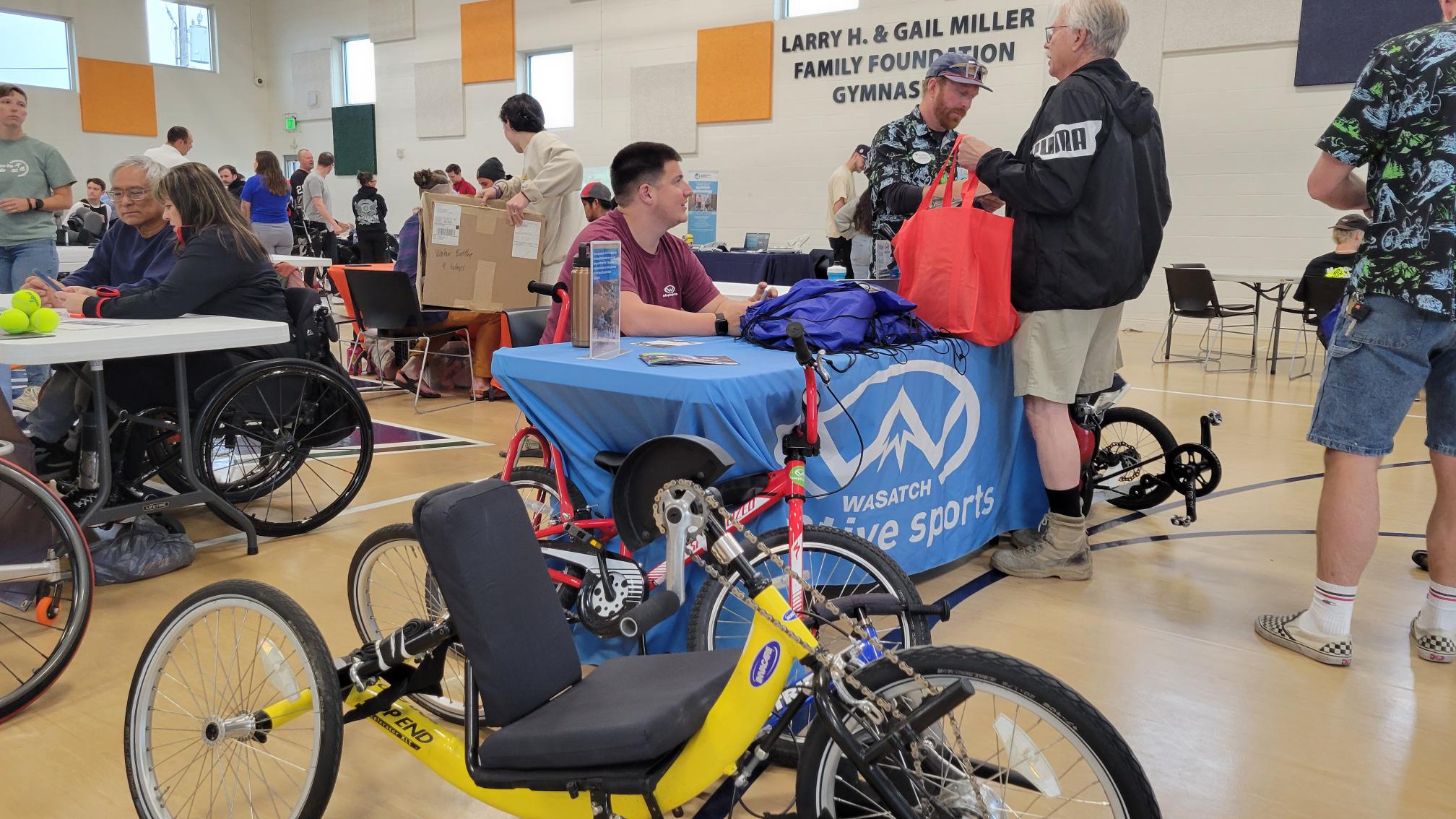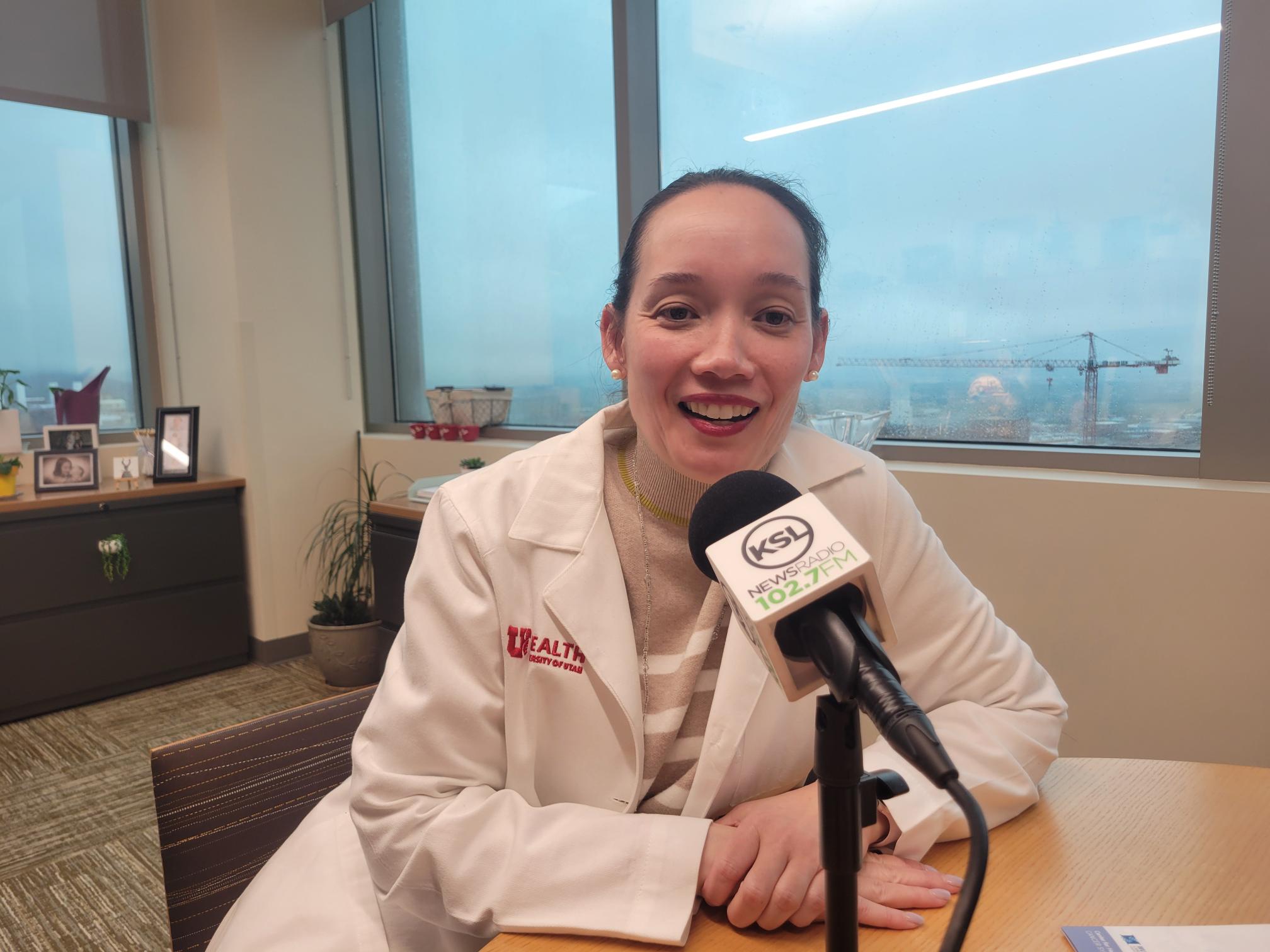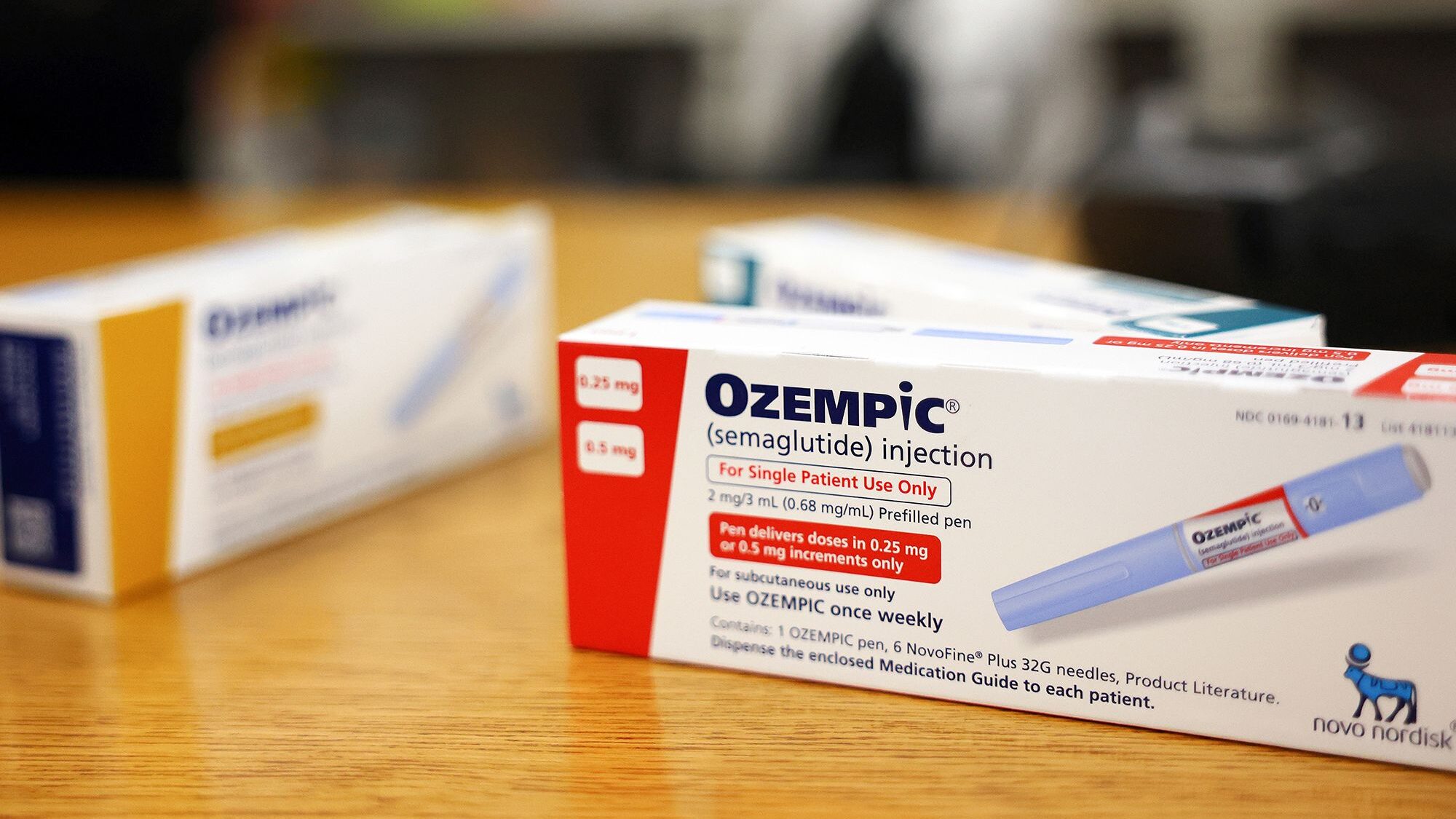Utah cancer researcher says new accelerated aging study needs more examination
Apr 20, 2024, 9:00 AM

The Huntsman Cancer Institute in Salt Lake City, Utah.A Utah cancer researcher says more study is needed after new research links accelerated aging to certain types of cancers. (Jordan Allred/Deseret News)
(Jordan Allred/Deseret News)
SALT LAKE CITY — Accelerated aging may be linked to early-onset cancers. That’s according to new research presented at the annual meeting of the American Association for Cancer Research.
The researchers theorize that when someone’s biological age is greater than their chronological age, their risk for certain types of cancer increases.
However, a Utah cancer researcher said more peer review of the accelerated aging research is needed.
Taking a closer look at the accelerated aging study
Data from nearly 149,000 people in the U.K. was reviewed and presented in an abstract to the AACR. The data was obtained using the UK Biobank database, which houses “de-identified medical and genetic data from half a million volunteer participants,” according to its website.
According to the abstract, the researchers “calculated each participant’s biological age using nine biomarkers found in blood.” Biological aging occurs, according to the National Center for Biotechnology Information, “as a person gradually accumulates damages to various cells.”
They report that “people born in or after 1965 had a 17% higher likelihood of accelerated aging than those born between 1950 and 1954.”
“Multiple cancer types are becoming increasingly common among younger adults in the United States and globally,” said Ruiyi Tian, MPH, a graduate student in the lab of Yin Cao, ScD, MPH at Washington University School of Medicine in St. Louis and a study author.
“Understanding the factors driving this increase will be key to improving the prevention or early detection of cancers in younger and future generations.”
Are biological and chronological age supposed to be the same?
Cancer investigator Dr. Sheetal Hardikar of the Huntsman Cancer Institute said accelerated aging occurs when your biological age — “how well your body is working” — exceeds your chronological age, which is the age from birth.
And Hardikar said there are several things that could lead to accelerated aging.
“There’s genetics, there is lifestyle factors …(like) smoking behaviors, exercise, alcohol … diet … sleeping, stress,” Hardikar said.
Other factors to consider in accelerated aging include co-morbidities like diabetes, hypertension, or a heart condition.
“All of that affects your biological age,” Hardikar said. “And so your chronological age and biological age may actually not be the same.”
Limitations of the research
She said the abstract presented at the annual meeting in San Diego earlier this month needs to be studied on a broader scale. And, by additional researchers.
“This is not a full-blown published article that has undergone a rigorous peer review by multiple scientists,” Hardikar said.
“Usually, three reviewers will review a manuscript once you submit it to a journal. Then they will really look at the methods very carefully … and whether the interpretation made by the authors makes sense with respect to their methods and results.
U.K. biobank cohort
A “big limitation” said Hardikar, “is that (the research) is based off a well-known cohort called the U.K. Biobank cohort, so it’s only individuals from the United Kingdom.
“We need to be able to replicate similar results in much more diverse populations before we can really draw strong conclusions that accelerated aging may be related to cancers developing earlier,” she said.
How to measure biological age?
Another problem for Hardikar is that researchers used only one “genetic clock or biological-aging clock to determine the age of study participants.”
“There are multiple other clocks that people have developed to estimate biological age of individuals.”
“There is no consensus in the literature as to which biological aging clock is better,” she said, adding a person’s “biological age may slightly differ based on what biological aging clock you have used.”
Don’t ‘jump the gun,’ says doctor
Hardikar concluded that Tian’s abstract reflects a “well-done study based off this limited information that we have in the abstract.”
“Scientists really need to be cautious when interpreting results that have not been reviewed as they would in a peer-review process before a manuscript gets published.
She said the conclusions “make sense,” to her. “But I don’t think I would jump the gun and say it’s aging that’s causing early onset cancers.”
“We really need to do a lot more investigation before we can draw that conclusion,” Hardikar said.













